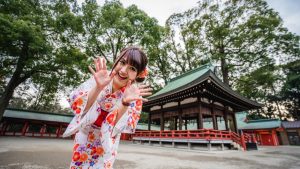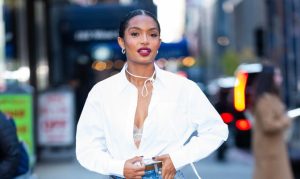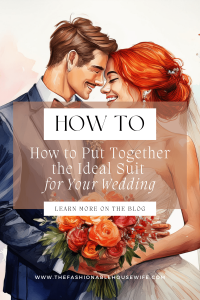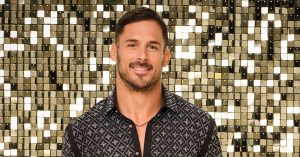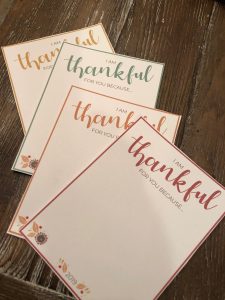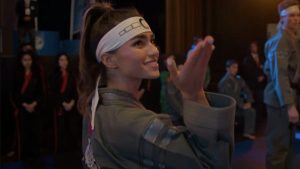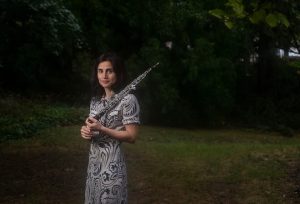Interview with Marina DelVecchio, Author of Unsexed
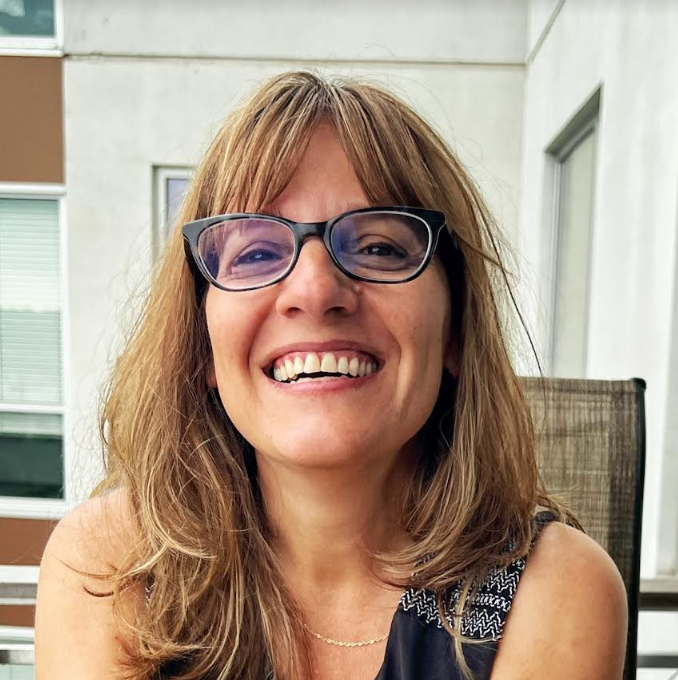
THIS WEEK’S FEATURED INTERVIEW IS WITH Marina DelVecchio,, Author of Unsexed
About the Author:
Marina DelVecchio is a former high school English teacher with twenty years’ teaching experience in literature, creative and academic writing, and research. She has acquired an MS in English and Secondary Education from Queens College in New York, thirty credits towards her Doctorate at St. John’s University in New York, specializing in Gender Studies, 19th and 20th Century American Literature, and Feminist Criticism, and an MFA in Creative Writing from the Queens University in Charlotte. She has also completed a Certificate in Women’s Studies from the University of Massachusetts – Dartmouth and teaches writing, women’s studies, and literature as a full-time Professor at a local community college in North Carolina.
Book Excerpt:
I don’t remember the first time I had sex.
But I do remember the first time my mother, Athanasia, had sex for money.
For food, really.
A sumptuous scented, piping hot, roasted chicken doused with Greek herbs that made my mouth water and my stomach grumble with longing.
I was four, and it was during the summer of 1975, in the poor, abandoned construction sites of Peristeri in Greece. This is one of my earliest and most profound memories, cocooned with protective gear and locked in the back of my memory box, where I keep all the early recollections of my childhood.
Crowded and bumping against each other, they are all fragmented images, riddled with blood and violence and sex and childhood neglect, and I had to paste them together the way one attaches puzzle pieces they found in the attic from a childhood long past.
Some images are missing, while others are tattered, with ripped-off corners that don’t seem to fit anywhere. Even the cover of the box that housed them is gone, missing the visual model needed to see what all the pieces, when put together, would look like.
Loose and scattered, I laid them all out on the table and reconstructed where each belonged.
What is your book about?
Unsexed is an examination of how mothers define sexuality for their daughters, and how the wrong messages about our body and its value can be ruinous when we become adult women in romantic relationships. It’s an attempt to understand how I could stay in a marriage unsexed — for ten years — and how my birth mother’s prostitution and my adoptive mother’s virginity taught me to control my sexuality in ways that were unhealthy but centered on self-preservation. It’s about the loathing women can hold in their bones when the childhood traumas they have known and experienced manifest in their bodies. It’s about finding the power inherent in all of us to abandon toxic people and relationships instead of ourselves.
Why did you want to write this book?
I began writing this book because I wanted to understand why my body was touch-resistant — not only to my husband of twenty-two years but also to my children. I couldn’t be touched. My body couldn’t be soothed, and even though I was aware of my childhood traumas, I wanted to understand my two mothers and how they affected the way I saw myself and the way I treated my body because I didn’t want my children to have the same kind of self-loathing my body inhabited.
What was the most difficult part about writing the book? The most rewarding?
The most difficult part was deciding which pieces of me to include in my writing in case my children ever read it. I found myself deleting scenes and conversations to spare them from knowing parts of me that could affect them. Mothering was always very difficult for me. It did not come naturally to me because I was never mothered the way I wanted to mother my children. And these failures — as a mother — resonate deeply with me. I don’t want my children to think that mothering was hard because of them. It wasn’t. My children were lovely and bright and the light that kept me going. Navigating trauma and understanding how it affected my ability to connect with my children was the most challenging.
The most rewarding part was being able to write an ending that made me feel empowered. When I finished the first draft, I was still in my marriage. I couldn’t publish it because it didn’t show my growth. It only reflected my cowardice in not ending a marriage that was unhealthy for me and my children. An ending for this book that I could be proud of and left me empowered fed me the courage I needed to walk out and take my children, my kittens, and my books with me. By leaving my abusive marriage, I was able to write an ending that made me feel proud and strong and send the message to other women in similar situations that sometimes — when we walk away — we are actively saving ourselves.
What do you hope other people will take away from reading your book?
Women are taught to hide themselves, to sit quietly and still, and take up very little emotional space. It’s the price we pay for the love and safety of our children. My story is very particular to my life — my prostitute mom, being homeless, living in an orphanage, being adopted by a cruel stepmother — but my unwavering belief in myself, my struggle to find my voice, to exercise sexual autonomy, and to tell my story is universal. I want readers to see my struggle but to also see themselves in me while I am fighting for myself. We should all fight for ourselves, for the right we have to be treated fairly, to be treated with kindness and love. Books helped heal me when I had no one to help me, and I hope my book helps someone out there who needs the courage to fight for themselves.
What do you know now that you wish you’d known at the beginning of your writing journey?
Like most writers entering the industry, I thought I was going to be interviewed by Oprah and that my book would be lauded by Reese Witherspoon. That I would become famous because my writing was that good. My story was that special. It has been an ongoing, uphill struggle to be published, and the year that my debut novel was published, in 2019, it made it out into the world because I had been humbled and given up on those grandiose dreams. It happens for some people — and that’s the mistake we make as writers. We think that if it happened to those people, chances are that it will happen to us. It’s not that they worked harder or that their writing was better — it’s a matter of chance and opportunity and sometimes even having connections or the right ear. Indie publishing makes our desire to be read widely possible, so I wish I had known then — when I began writing in my early twenties — that it’s more important to write and to be read than it is to make it big. Big doesn’t hurt, of course. But writing is where all the magic happens.
How can our readers get a copy of your book?
Through Amazon, Barnes and Noble, She Writes Press, Walmart, Target, local Indie bookstores, and the local libraries.
What is the best way for our readers to connect with you?
Website: http://www.marinadelvecchio.com
Facebook:https://www.facebook.com/Marinagraphy/
Instagram: https://www.instagram.com/marina.delvecchio/
